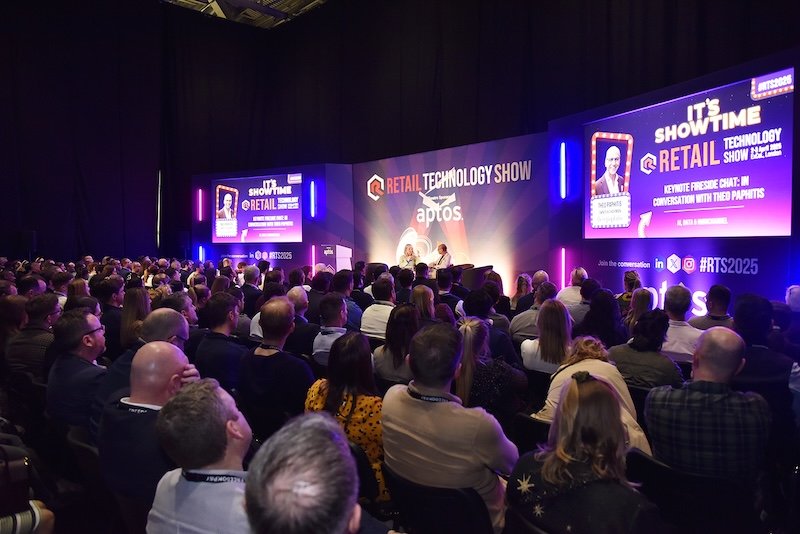Canadian retailer Metro places another Pricer ESLs order
Pricer’s partner JRTech Solutions has inked a new framework agreement with Canadian food retailer Metro to continue supplying the former’s electronic shelf labels.
Covering the main Metro banners, this builds on installations completed during an initial framework agreement signed between JRTech Solutions and Metro in 2018.
The pair have also reached an agreement to deploy Pricer Plaza’s Cloud Automated Product Positioning solution. This leverages ESLs to automatically position a product in a store.
“By incorporating Pricer’s product positioning capabilities enabled by its digital labels, Metro is extracting maximum value out of their initial investment, harnessing the full power of their ESLs and extending their lead in the market,” says Diego Mazzone, President and CEO at JRTech Solutions.
“Metro is investing in technologies which permit them to scale in order to meet growing demand,” adds Charles Jackson, Head of the Americas at Pricer.
Lifvs
European unmanned grocery stores venture, Lifvs, recently selected Pricer’s ESL solution to power staffless pricing.
Lifvs launched its first store in 2019 and its estate now spans 27 outlets.
Unlike rivals Amazon Fresh and China’s Auchan Minute concept, both of which focus on urban convenience, the Swedish startup targets remote communities that have lost their local shops over recent years.
Installed in standardised, container formats, shoppers open the store via an app, which is then used to scan the barcodes on ESLs and pay for items.
Daniel Lundh, Founder and COO, Lifvs, says: “Our software is connected to various IoT devices, that is, all the technology in the physical store – everything from shelf labels, doors, the alarm and screens to temperature controlled boxes. From the start, we knew we wanted ESLs to be able to control the system from the central office.”
Implementing Pricer Plaza, Lifvs can control pricing centrally in real-time.
The ESL’s open API infrastructure connects to its unified commerce platform, which includes built in AI that lets the chain anticipate when it needs to place orders to minimise out-of-date products and food waste. It also feeds in data to inform stock assortment and ranging.
“We’re building a chain in which we need to be agile with our rotation of goods,” Lundh adds.
“We should be able to quickly exchange and adapt our selection. It’s easy to load a new item into the system and the information automatically goes directly to the ESLs in the stores, removing unnecessary labour hours for store staff.”
“Our entire business model is based on being able to retain a price level for consumers, which means we need to be able to control costs.”
“We do that through a smaller store with lower rent and fewer staffed hours, which lowers our staffing costs… and everything the staff doesn’t have to do lowers our ongoing operating costs. By creating economies of scale, we should be able to survive on a smaller customer base than traditional stores were able to do.”










